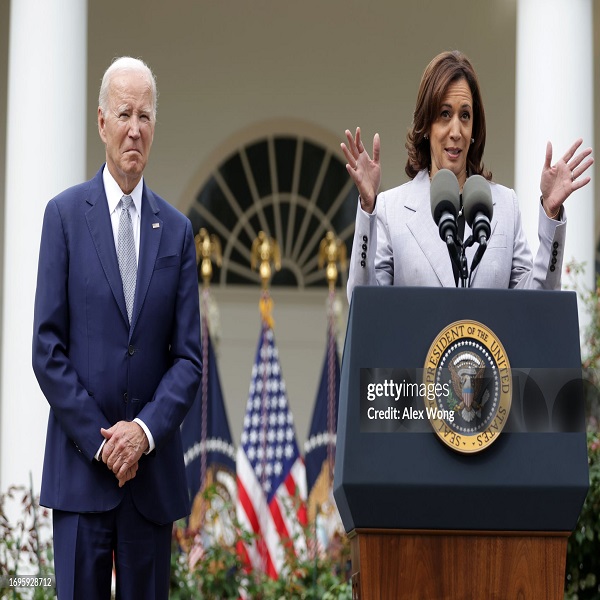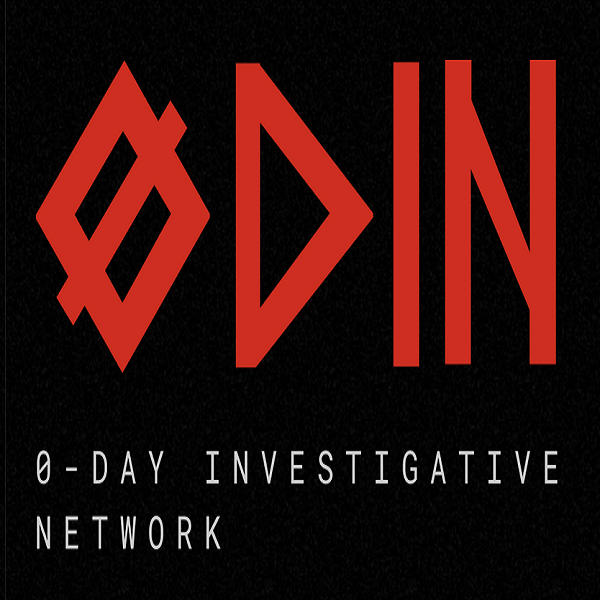In a significant and pioneering move towards the safe and responsible usage of Artificial Intelligence (AI), Vice President Kamala Harris announced during a White House press call that all US government agencies are now mandated to appoint Chief AI Officers. This proactive measure is necessary to address and mitigate the potential risks associated with the growing influence of AI technologies.
During the press call, Vice President Harris outlined three binding requirements aimed at promoting the safe, secure, and ethical use of AI within the US government.
Firstly, government agencies must use AI tools that do not compromise the rights and safety of American citizens. She gave an illustrative example: “If the Veterans Administration wants to use AI in VA hospitals to help doctors diagnose patients, they would first have to demonstrate that AI does not produce racially biased diagnoses”.
Secondly, Vice President Harris emphasized transparency surrounding the use of AI, with a requirement for government agencies to annually publish online a list of their AI systems, along with assessments of potential risks and the strategies in place to manage them. This is to ensure accountability and foster public trust in the government’s use of AI technologies.
Lastly and the most interesting, the directive makes it compulsory for federal agencies to appoint Chief AI Officers who possess the requisite experience, expertise, and authority to oversee ALL AI technologies used within their respective agencies. This internal supervision strategy aims to ensure that AI is deployed responsibly and in accordance with established guidelines.
While there are currently no laws specifically addressing AI technologies, this new development is in sequence to the October 2023 executive order by President Joe Biden, which outlined clear guidelines for the Safe, Secure, and Trustworthy Development and Use of Artificial Intelligence.
This proactive stance from the White House sets a commendable example for other nations, as governments are often perceived as slow to adapt to or regulate emerging technological advancements compared to criminal entities and independent organizations.





